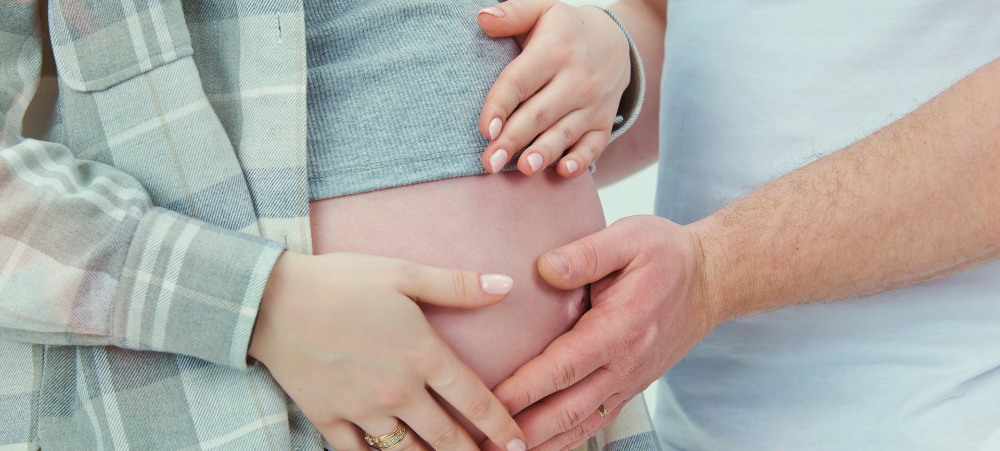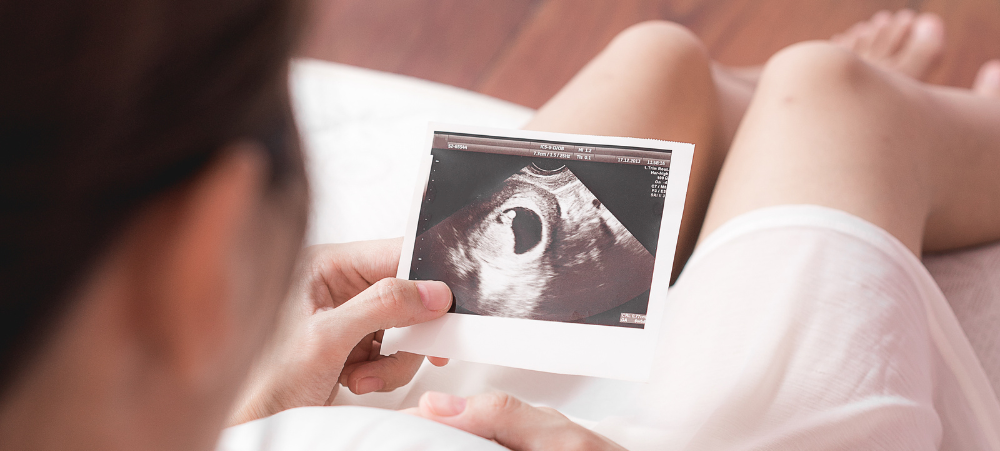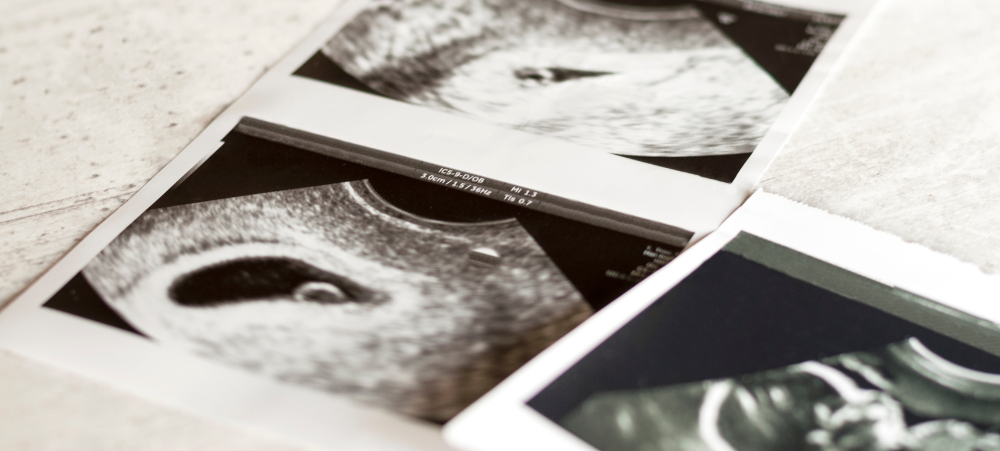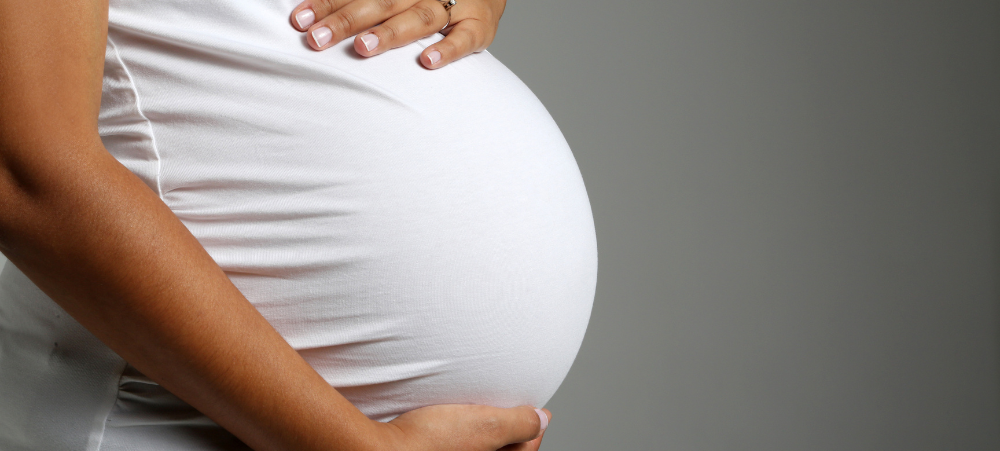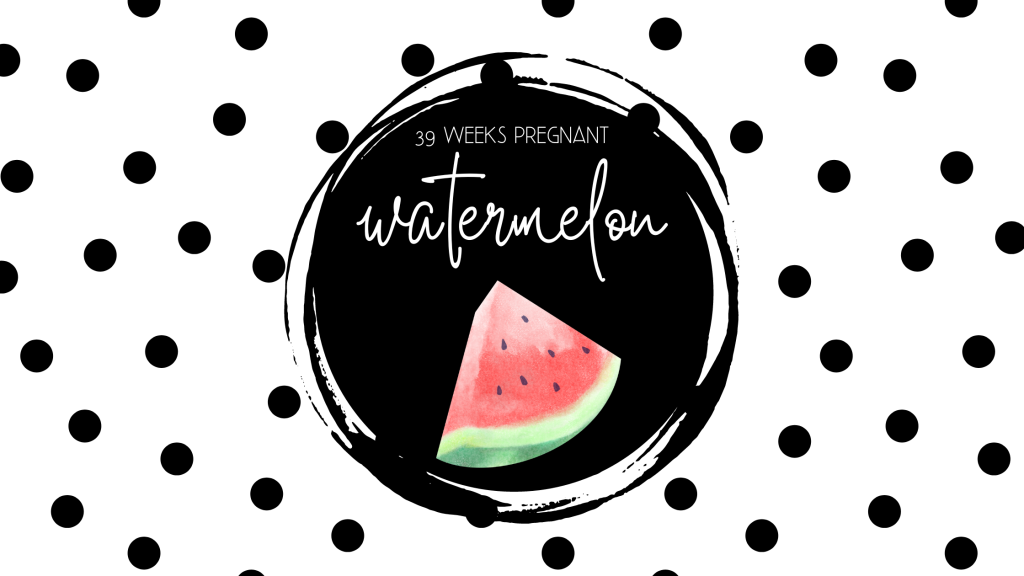
You’re now one week away from week 40 – the final week of your pregnancy. Strange to think back 39 weeks, where you wouldn’t even have known you were pregnant. Lots has changed since then, and a lot will continue to change before and after birth.
Your body at week 39
At this point, you’ll definitely be feeling your pregnancy. Braxton Hicks contractions, leaking colostrum from your nipples and the frequent urge to urinate may all be part of your daily life. You may be having trouble sleeping, struggling with pelvic and back pain, and your vaginal discharge may be tinged with pink or brown as the blood vessels n your cervix rupture.
It is possible to be diagnosed with preeclampsia in your last weeks of pregnancy. This is high blood pressure in pregnancy and is accompanied by protein in your urine and swelling of the hands and feet. Vomiting, nausea and dizziness are also symptoms you may have preeclampsia, and if you suspect you have it you’ll need to contact your doctor right away.
Your baby at week 39
Your baby is now roughly the size of a honeydew melon and is considered full term if they’re born this week. At this point, their lungs are producing surfactant so that when they take their first breath, the air sacs won’t stick together.
Things you should keep in mind at week 39
You may be wondering if you can still keep doing light exercise, or what you can do to keep active during this time. Exercise in late pregnancy is still doable and is a good idea if you’re feeling up to it. Although you may be worried about damaging your growing baby, exercise during this time is beneficial as it can help strengthen your body for delivery and birth. That being said, it’s important to clarify what you plan on doing with your doctor, and focus on short, low-intensity exercises such as certain yoga and water aerobics.
For 2025 we have a renewed Female Health Programme:In collaboration with CareWorks, it’s accessible to all female members aged 18 and above, with an emphasis on preventative care and early detection of female-specific health issues. In addition, we have an enhanced Maternity Programme to support expecting mothers. This includes early identification of and weekly engagement for high-risk pregnancies, post-childbirth care and associated mental health follow-up calls for new mums, given the prevalence of pre and postnatal depression. Also, milestone reminders for children under 3 and cover for antenatal vitamins through savings, day-to-day benefits or the Benefit Booster
Bonitas Medical Fund
0860 002 108
View Website: www.bonitas.co.za
- Symphysis pubis dysfunction (SPD) and to deal with it - January 5, 2026
- Putting together your birth plan - December 23, 2025
- Breastfeeding tips - December 15, 2025

